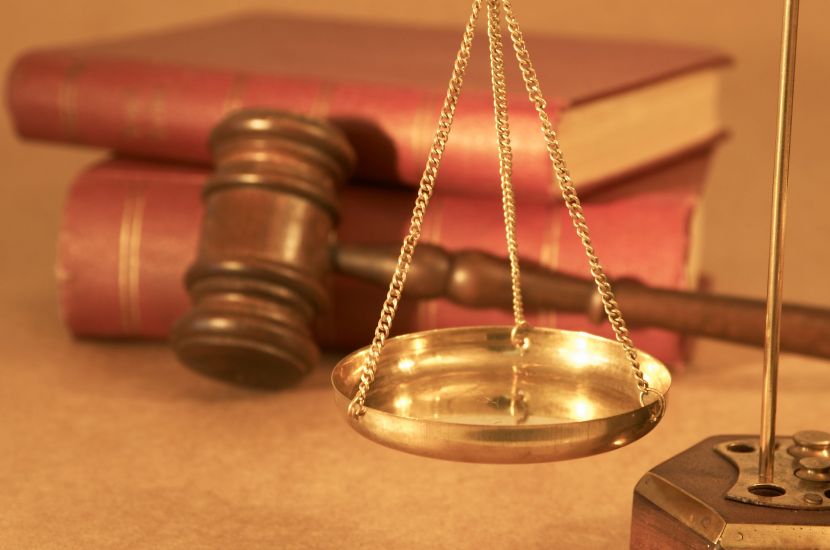What happens when a defendant has been arrested and had a bail amount set, but the bail is too high for a family to pay? Many people turn to bail bonds in Iowa City, Iowa as a more affordable way to secure a defendant’s pre-trial release. However, in addition to the percentage fee required to hire the services of the bail bondsman as a surety, many bail bonds agents require people to provide collateral for large bonds. This can be a confusing concept, especially for people who have never previously obtained a bail bond.
What Is the Fee?
The fee for the bail bond, which may also be known as the premium, is the cash amount a person has to pay to obtain a bond. This fee may be payable in a lump sum or, in some cases, a bail bondsman may be willing to allow payments for the fee. It may depend on the charges, the credit history of the person seeking the bond, and the bail bondsman’s relationship with the defendant or the person getting the bond. This fee is non-refundable and is paid to the bond agency, not to the court.
What Is Collateral?
Generally, the fee is going to be a small percentage of the bond’s face value. The collateral, which is some type of property that is given to the bail bondsman for the duration of the trial, is meant to secure the rest of the bond amount. The bail bondsman can choose to require collateral that meets or exceeds the face value of the bond, but many bail bondsmen will accept collateral that is a percentage of the face value of the bond.
Collateral is refunded as long as a defendant appears at trial and complies with other pretrial conditions. If a defendant fails to appear and the bail bondsman is responsible for paying the bail, then the collateral is forfeited and will not be returned.
Understanding Bail Bonds
While the process for obtaining bail bonds in Iowa City, Iowa may initially be intimidating, an experienced bail bonds agent can simplify the process. Learn more about us, about the bail process, and about what is required to bail out a defendant by visiting the website.


